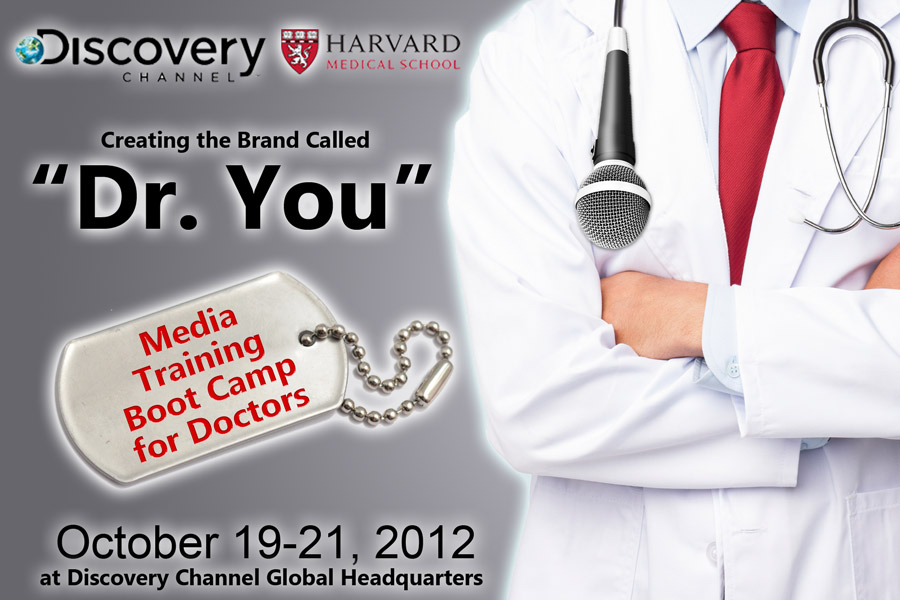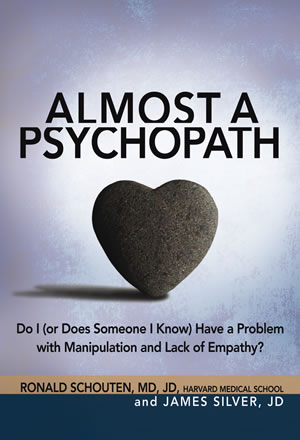Become A Key Opinion Leader & Sought After Speaker
 Putting yourself in a postion of opportunity.
Putting yourself in a postion of opportunity.
Yesterday I was leading a conference call with two physicians, two publicists, a literary agent and an editor. The goal of the call was to launch a new book and raise the profiles of the two physicians. They are already well known in their fields, but with a new book coming out they can reach broader audiences. Their message is honed from months of work, and they are ready to share it. This call was about helping them to do just that.
If you were on the call, you would have heard quite a few "insider secrets" about how physicians can become key opinion leaders. If it was easy, then most doctors would probably be KOLs, because frankly most of them are very intelligent, creative, talented and have wonderful ideas that could really help others. But, it's not so easy to "bump up" and begin speaking at higher levels (for example, to bigger groups or to more senior executives) or having reporters contact you to get your opinion about something.
Here are a few highlights from that call for those of you who are thinking about taking your career to the next level.
1. Prepare an online folder with a new (and nicely done) headshot, updated bio (or two or three if you want to speak to different types of audiences), pdf of the special sales contact information for conference organizers to order bulk quantities of your book (if you have published one; if not, consider coming to the Harvard CME publishing conference www.HarvardWriters.com), a word document with the title of your talk and objectives and a short narrative description (to be used for CME accreditation or for marketing copy).
2. Give your online reputation a makeover. Keep in mind that you will almost certainly be "googled" by any reporter, conference organizer, etc. So, what does Google say about you? At the Harvard/Discovery Channel conference that I'll be co-directing on October 19-21 in Silver Spring, MD (come join us and learn all this and much more--there's still some slots left http://dryou.discovery.com/) social media experts will be doing "online audits" for all of the attendees to help them figure out what others are seeing about them online and how that is impacting their professional reputation. The goal of the audit is to provide attendees with important strategies to improve their online reputations.
3. You need a TV clip to get on TV. I know it's frustrating, but if you've never been on TV, it's unlikely that you'll be asked to do an interview. Most producers, especially for major news shows, want to see a video clip (or reel) of someone before booking them for a show. At the Harvard/Discovery Channel conference, we will be doing simulated TV interviews -- both live and taped with a teleprompter–and all of the attendees will leave with a video clip so that they'll have something to show producers in the future.
At every conference that I attend (even the ones that I direct), I learn new things. While we always mention the faculty in the conference brochures, the attendees are usually an amazing group of high level physicians and others who become key contacts for future opportunities–especially at conferences like the two that I mention in this blog. This is my final "secret"– you need contacts. Networking is critical, and there's no better place than a conference with like-minded individuals who share your vision and your passion for changing the world!





 Post a Comment
Post a Comment





